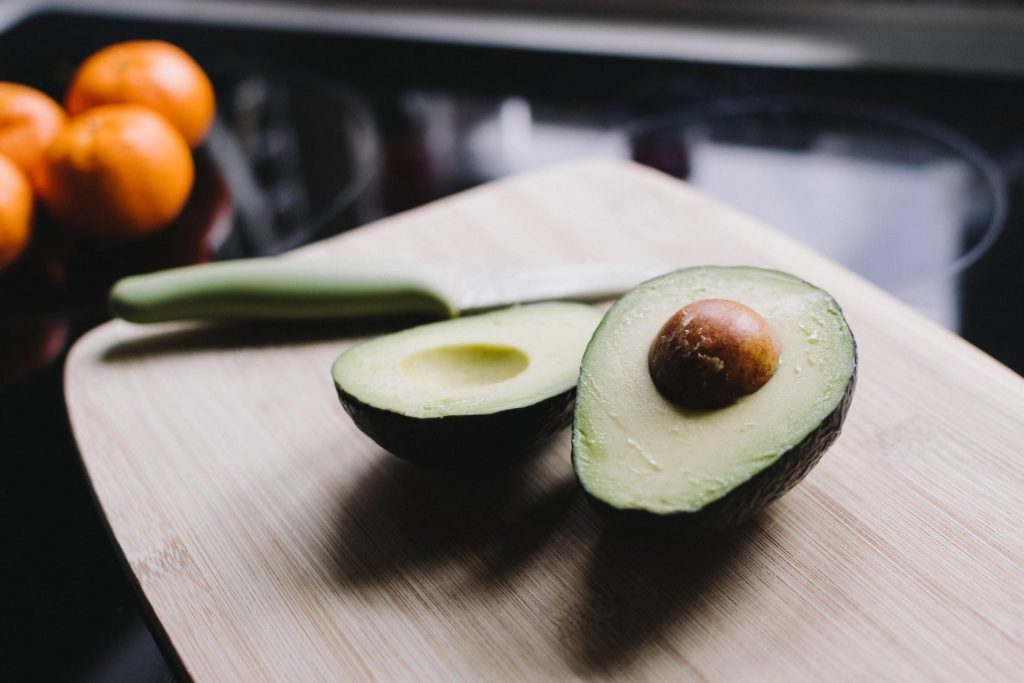The word fat certainly has a negative connotation, but not all fats are the same, and not all fats are “bad.” Fats are actually an essential part of the human diet, and while there are some bad fats, your body needs a healthy balance of fats to function properly. To lead a healthier lifestyle, you should know how fats affect the body and how to include fats within your diet.
What Makes a Fat “Good” or “Bad?”
As with all foods, calling some fats “good” or “bad” or “healthy” or not is a bit of an oversimplification. The body needs fat, but only in moderation. As explained by Harvard Health Publishing, “It’s a major source of energy. It helps you absorb some vitamins and minerals. Fat is needed to build cell membranes, the vital exterior of each cell, and the sheaths surrounding nerves. It is essential for blood clotting, muscle movement, and inflammation.”
However, slight differences in the molecular structure of different types of fats give them different functions, benefits, and sometimes harmful effects. Ultimately, the shape and length of the carbon chain and the number of attached hydrogen atoms determines a fat’s function.
The 4 Main Fat Groupings
When it comes to dietary fats, there are four main groups to consider, and it’s essential to know what these fats do within the body.
- Saturated Fats- These fats are naturally occurring in foods like red meat, pork, chicken, butter, and dairy products. When eaten in moderation, saturated fats are good for the body, but high levels of saturated fat can raise cholesterol levels, so it’s essential to eat in moderation.
- Trans Fats- Trans fats are created by adding hydrogen to liquid oils in a process to make the oils solid. These fats are cheap to produce and easy to use, making them a go-to ingredient in fast-food and “junk” food. These oils can last much longer than natural oils, making them more versatile and thus widely used. We can buy MCT Oils in Australia easily.
- Monounsaturated Fats- Monounsaturated fats are known to help reduce bad cholesterol and help reduce the risk of heart disease. These fats are high in vitamin E and often found in olive, canola, sesame, and peanut oils.
- Polyunsaturated Fats- These fats are full of omega-6 and omega-3 fatty acids. Polyunsaturated fats are abundant in soybean oil, sunflower oil, corn oil, walnuts, salmon, and tuna. If consumed in moderation, they can help reduce bad cholesterol levels.
Other Common Terminology
If you shop around for health and wellness products, you’ll likely come across the term “medium-chain triglycerides,” also known as MCTs. Due to the rising popularity of the ketogenic diet, MCTs have become a major point of discussion regarding “healthy” fats. But what exactly are MCTs?
MCTs are smaller on a molecular scale than long-chain triglycerides (LCTs). As a result, they are processed by the body differently and affect the body much faster.
If you’re wondering what is MCT oil good for, it’s a popular product for people on the keto diet. If you consume MCTs in the absence of carbohydrates, the body will convert the MCTs into ketones and use them for energy, making it easier to burn fat quickly. To increase your MCT intake, you can also try natural sources of MCTs, like coconut oil, but be cognizant of the LCTs also present in the oil.
Better Balance
The key to any health routine is to maintain balance. You have to include fats in your diet, but going overboard on fat intake can lead to high blood pressure, heart disease, strokes, Type 2 diabetes, and more.
To stay happy and healthy, focus on diversifying your meals, hitting all the necessary food groups, and practicing portion control. Lean toward natural foods as opposed to processed foods, and you can experience the benefits of “healthy” fat in foods like avocados, cheese, yogurt, dark chocolate, eggs, fish, nuts, olive oil, coconut oil, and more.

